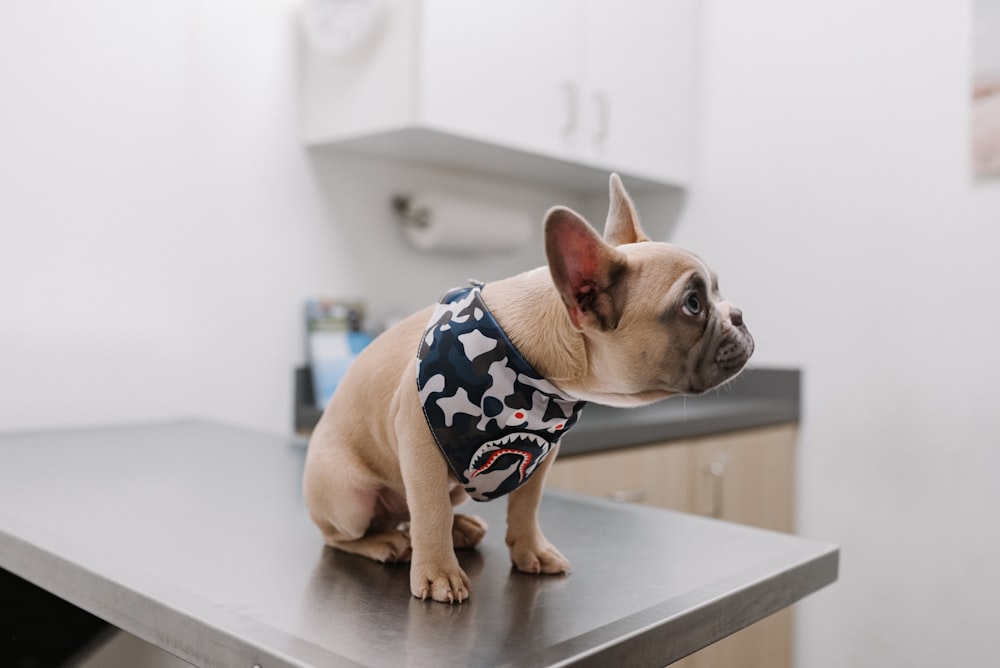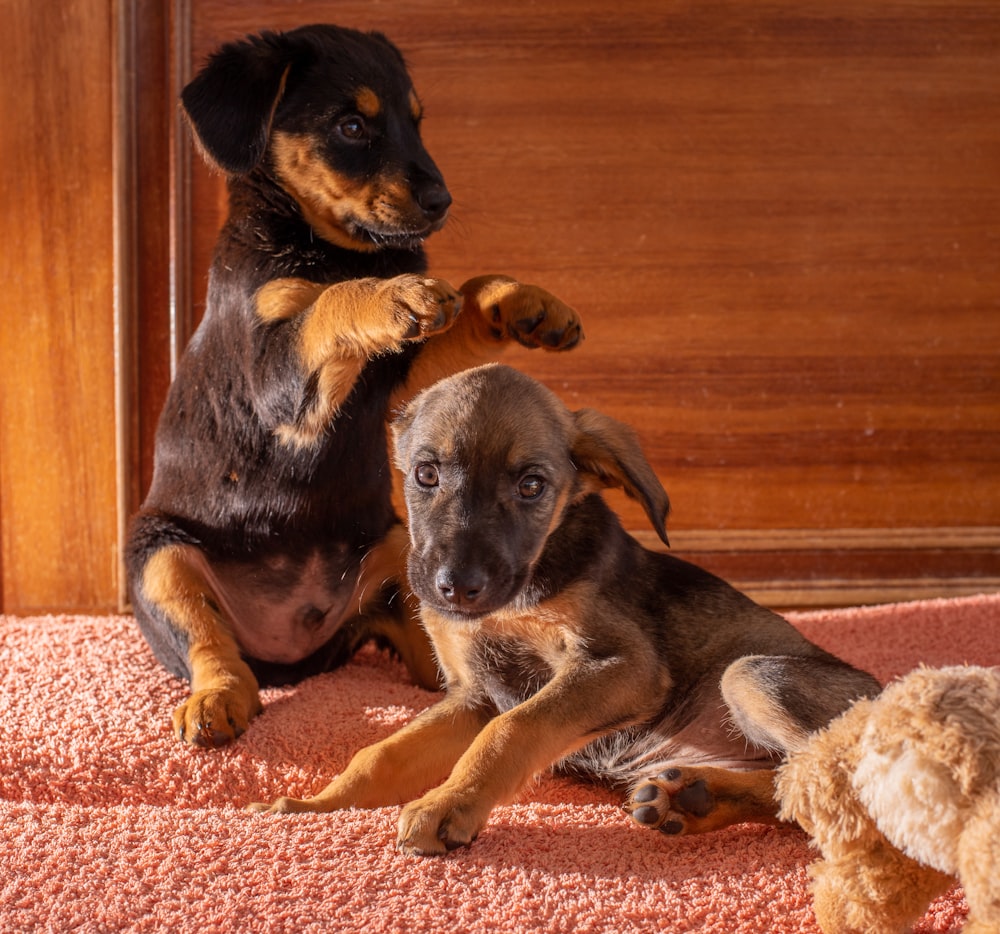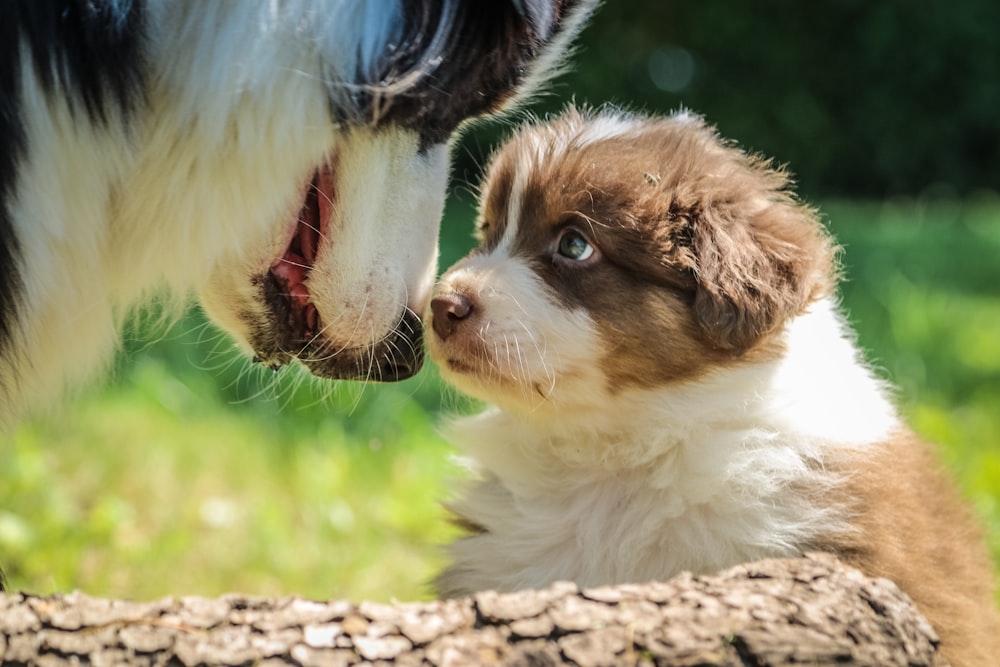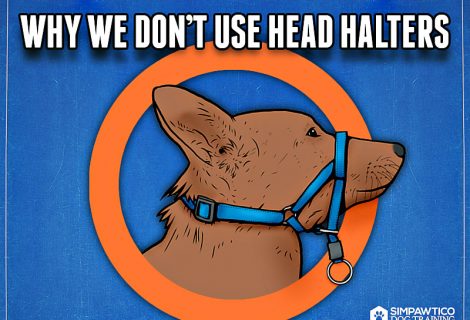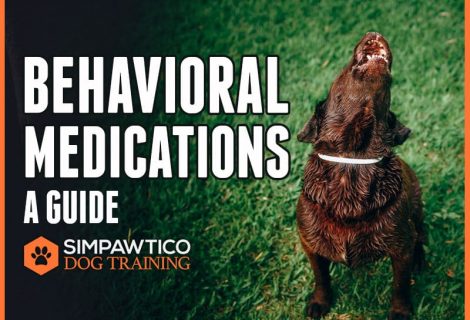WHEN CAN PUPPIES BE AROUND OTHER DOGS?
We all want what’s best for our furry little friends. But when it comes to socialization and vaccinations, there are many things to consider. As dog owners, we have to ask ourselves: when is the best time to socialize our puppies? And how do we balance the risk of exposure with the need for protection? Let’s take a look at the pros and cons of socialization and vaccinations for young puppies.
The conventional wisdom of puppy vaccinations before socialization is at odds with recent research on the importance of early puppy socialization. Puppies can best learn and take in new experiences between the ages of 7-16 weeks, which is crucial for proper puppy development. Early socialization helps to prevent fear and aggression later in life.
At Simpawtico Dog Training, we believe that socializing your puppy is just as important for development as puppy vaccinations. We recommend owners work with their vet to ensure puppies are properly vaccinated and dewormed before any puppy classes or play groups. Vaccination protocols should be up-to-date throughout the puppy classes. With proper vaccinations and socialization, owners can give their pups the best chance to grow into happy, healthy family members.
To sum up, puppy owners should prioritize vaccinations for health and safety reasons. But it’s also important to recognize the importance of socialization before puppies reach 16 weeks.
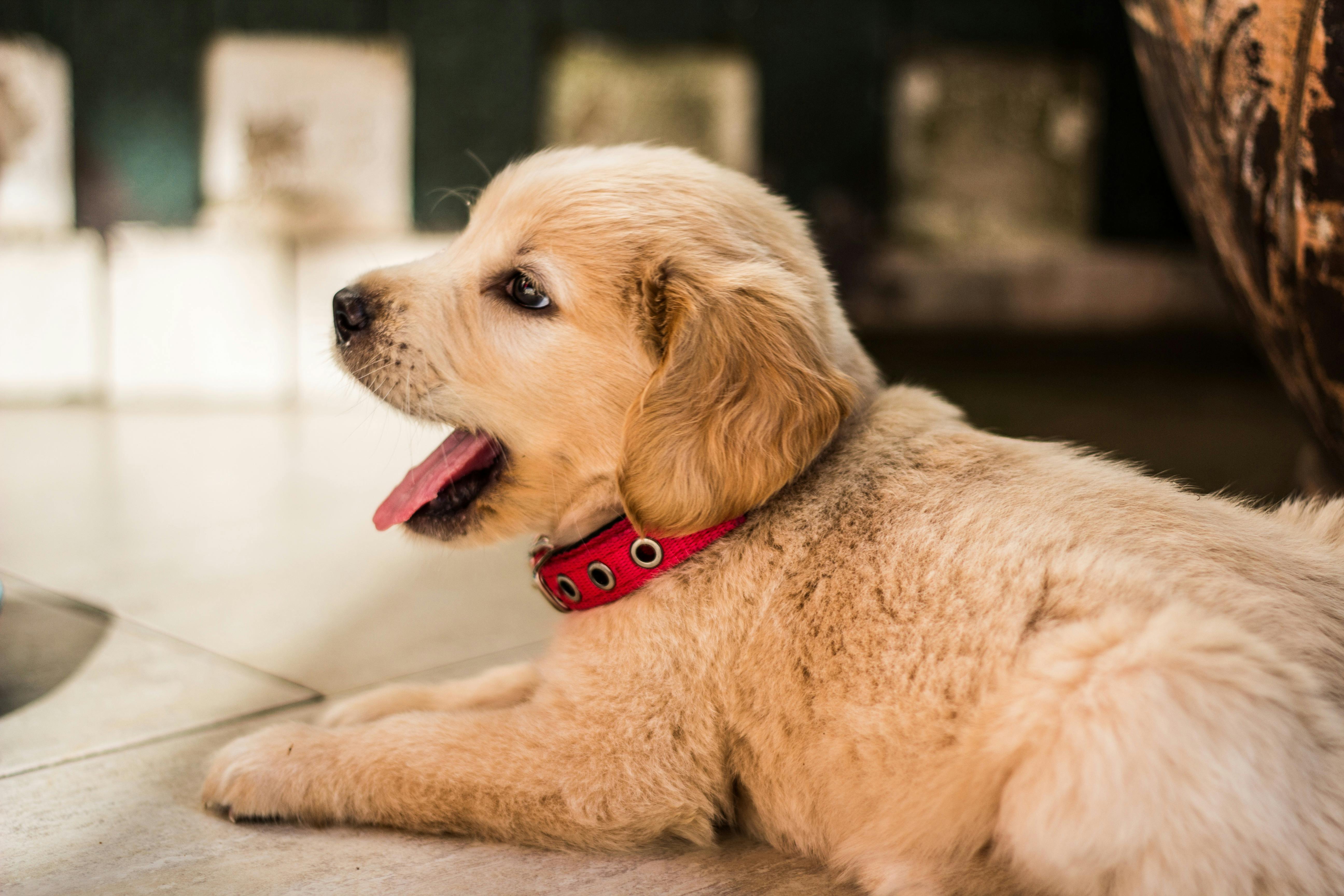
The Pros and Cons Of Puppy Socialization
When it comes to socialization, it’s important to weigh the benefits and drawbacks of this process. When puppies go through the critical socialization period between 7-16 weeks old, they are more likely to become well-adjusted members of their household when they go through life stages like training and being around new people.
However, the lack of socialization also carries a risk; if puppies are not exposed to enough stimuli in friendly environments during this time or any negative experiences occur, it can delay or derail puppy development. This can lead to big problems in adolescence and adulthood.
In designing an effective puppy socialization plan, it is necessary to consider a puppy’s individual temperament together with good planning so that puppies have a positive mental and emotional outlook on the world going forward.
Why Vaccinations are Important for Puppies
Vaccinating young puppies is one of the most important steps you can take to ensure their health and well-being. The earlier they are vaccinated, the less likely they are to contract infectious diseases.
Vaccinations play an important role in safeguarding vulnerable puppies against various illnesses. Interacting with unknown or unvaccinated dogs can put puppies at risk for potentially life-threatening illnesses, so vaccinations are crucial for keeping them safe. Vaccines boost a puppy’s immune system, helping them to fight off infectious agents that could keep them from reaching their full potential. Ultimately, vaccinations are essential to caring for young puppies and helping them grow into happy, healthy adult dogs.
Vaccinating your puppy is a critical responsibility in their health and development. Usually, it’s done in three rounds over the course of several weeks: around 6 to 8 weeks from the breeder, 12-14 weeks old for the second round, then 16 weeks or so for the final round, giving them full coverage with all appropriate shots administered by that point.
Puppies are typically vaccinated against a range of infectious diseases, most commonly including distemper and parvovirus. This type of vaccination, known as core vaccinations, helps to protect the puppy’s health and well-being by providing immunity against these dangerous illnesses. Other puppy vaccines may be recommended depending on where you live, such as leptospirosis, adenovirus, parainfluenza, and hepatitis. Additionally, puppy vaccines may be recommended for certain breeds with a higher risk of contracting particular illnesses or conditions.
How to balance the need for socialization with the risk of disease
Learning how to balance the need for socialization with the risk of disease when bringing home a puppy can be daunting. It’s important to carry your puppy in public areas like sidewalks and parks until they’ve had at least their second round of shots (instead of letting them walk). However, you want to expose them to other vaccinated dogs and new environments thoughtfully and safely, including puppy socialization classes.
Allowing your pup to play in safe locations that are not exposed to other ill puppies can help reduce the chance of them picking up a contagious illness. Taking precautions with your pup, such as regular check-ups and following basic disease prevention guidelines, will help make sure they get all the socialization they need without compromising on their health.
No longer is it advocated that puppies should remain isolated until they are fully vaccinated. Now, socialization starting at only seven or eight weeks of age is recommended by experts to promote healthy development. To ensure safety during this time, the pup must have their first round of vaccinations up-to-date and be dewormed at least one week before beginning a class.
Several professional organizations have issued statements to this effect.
-
The American Veterinary Society of Animal Behaviorists (AVSAB)
-
The American Society for the Prevention of Cruelty to Animals (ASPCA)
We also have a video where we interviewed two of our most respected local vets, who said the same thing—SOCIALIZE RIGHT AWAY! You can see the video on our YouTube channel.
Tips for introducing your puppy to other dogs safely
Introducing your puppy to other dogs is a great way to socialize them and start building positive relationships with strange animals. Dog-to-dog meetings are also the best way to develop Acquired Bite Inhibition (ABI) which is an important part of puppy development (we’ve covered this extensively in our Puppy Biting post). It can be intimidating, however, so it’s important to take the right precautions.
Puppy Classes
Simpawtico Dog Training believes that puppy socialization classes should begin when puppies can receive their first set of vaccinations. Puppies should have a minimum of one set of vaccines at least 7 days before the first class and be kept up-to-date on vaccines throughout the class.
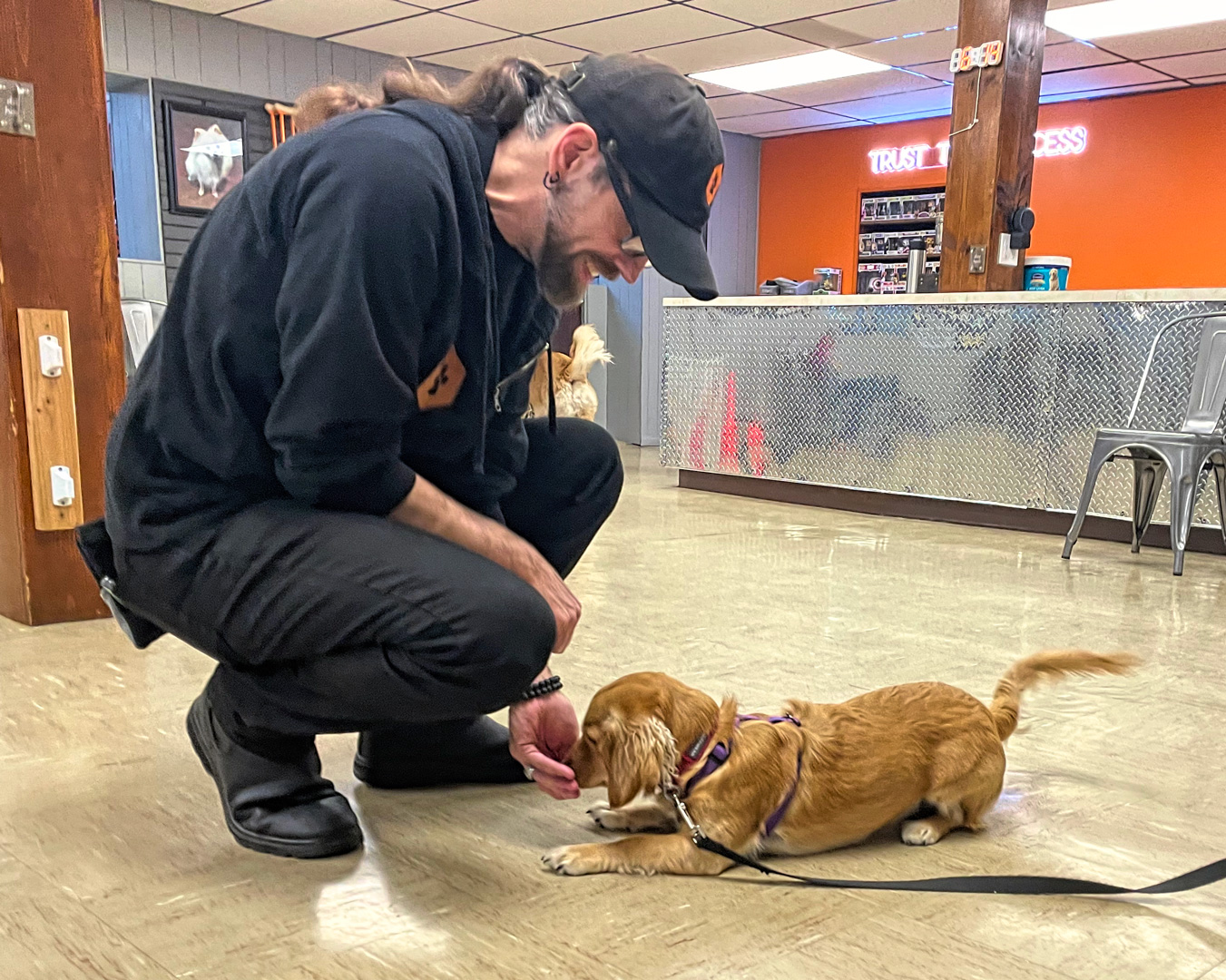
Trying puppy classes is a great opportunity—they help your puppy interact with dogs of all shapes, sizes, and temperaments in a safe, clean, and supervised environment. This will also allow you to practice good behavior tactics, like showing your puppy what signals and body language to look for from other dogs. If you have any issues or questions, experts are always available within those puppy classes or learning centers to help point you in the right direction.
Make sure a certified dog trainer runs your classes. Having a certified trainer run puppy classes can benefit the puppies and their owners. A certified trainer will have the knowledge and expertise to ensure the safety of all involved and teach proper obedience and socialization skills. Trainers can also provide guidance on specific dog behaviors, such as potty training and dealing with destructive chewing.
Play Dates
You can also set up puppy playdates in your home. Ensure a puppy meet-and-greet is in a puppy-proof area (like a fenced backyard or gated-off inside area). Then, you can start by having your puppy and the other puppy check each other out from further away before letting them interact.
Pairs benefit puppy socialization, but having three or four puppies together is even better. When puppies are in a group, they learn valuable social skills such as interacting with other dogs and understanding cues from other animals. Additionally, puppy playdates can allow puppy parents to observe their puppy’s behavior in different situations and develop puppy manners and respect for other animals.
No matter what puppy socialization activities you choose, the most important thing is ensuring that all puppies have had at least one of their puppy vaccinations and a deworming before they meet.
Ultimately, the goal should be for both you and your puppy to feel comfortable when meeting new dogs – don’t rush things, but stay patient as you gradually introduce them to safe and positive interactions.
If your puppy only has one shot under their belt, keep them away from areas with a high concentration of unknown or unvaccinated dogs. Puppy classes are still acceptable because professional facilities are cleaned and disinfected, and the dogs being allowed in are also vetted for their level of vaccination.
You can also use protected socialization. Protected socialization introduces puppies to new people, places, and experiences in a safe and controlled environment. This can help puppies form positive associations with new people, animals, and environments while getting used to the sights and sounds of their new world. For example, you could put your puppy in the car and drive them to places where they can see dogs and people.
What About Dog Parks?
Dog parks are typically unregulated, meaning that pets can come in contact with other animals that may be unvaccinated or have an unpredictable temperament. It is also possible for dogs to contract illnesses or parasites from other unvaccinated dogs at the park. Pet owners must take proper precautions when considering a trip to the park.
Dog parks can be an unsafe bet for your pup if overcrowded, as it may lead to potential squabbles between dogs. With a multitude of larger dogs present, it won’t take long until your puppy is overwhelmed and frightened. This is one way to create aggressive behaviors or other behavioral problems down the road.
From a medical standpoint, puppies should not visit dog parks until they have completed their full set of vaccinations. Furthermore, you must ensure that the park is not overcrowded and that all other dogs are socialized appropriately and friendly.
Here at Simpawtico Dog Training, we highly discourage our clients from taking their pooches to public dog parks. However, private spaces with excellent screening processes, safety protocols, and cleanliness standards can be an ideal addition to your pup’s socialization routine.
Having said that…
You CAN use a dog park for your protected socialization. There’s tremendous socialization value gained from your puppy just watching other dogs. Watching strange dogs interact, play, and be friendly helps shape your pup’s future behavior. People often underestimate how helpful it is for building positive associations when puppies watch things happening in the world; not everything has to involve direct contact.
Conclusion
All things considered, it is vital to consider the advantages and disadvantages of socialization and vaccinations for your new puppy. Finding a healthy balance between both can be tricky, yet necessary to guarantee your pet’s safety and wellness. We understand that while socializing with other dogs is essential, immunizations are equally as important. Thus, we must continue striving towards finding an ideal equilibrium so our puppies can grow into strong and emotionally stable adult dogs.
Our tips for introducing your puppy to other dogs safely, understanding why vaccinations are necessary, and weighing up the pros and cons of socializing will help you make wise choices in this regard. Puppy classes can be a fun way for young puppies to safely meet other dogs and learn valuable interaction skills without compromising their health. If you’re local, join us in one of our Puppy Classes — let’s work together to help ensure your pup grows into a happy and healthy adult. And if you’re not local, let us know how it goes in your area!
As always, keep learning and keep practicing. Thanks for reading!



